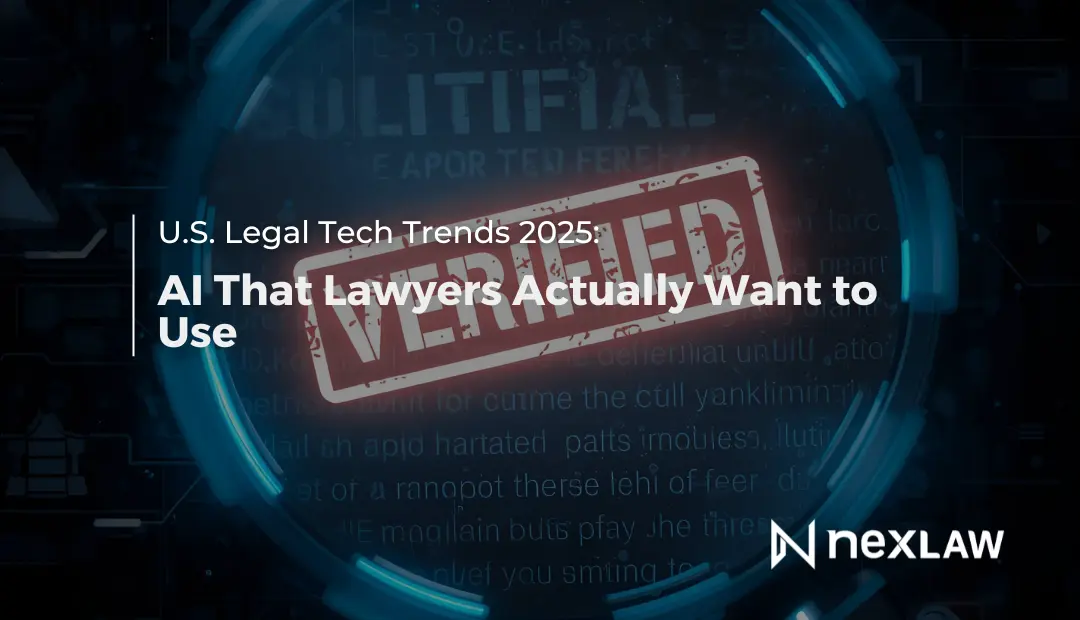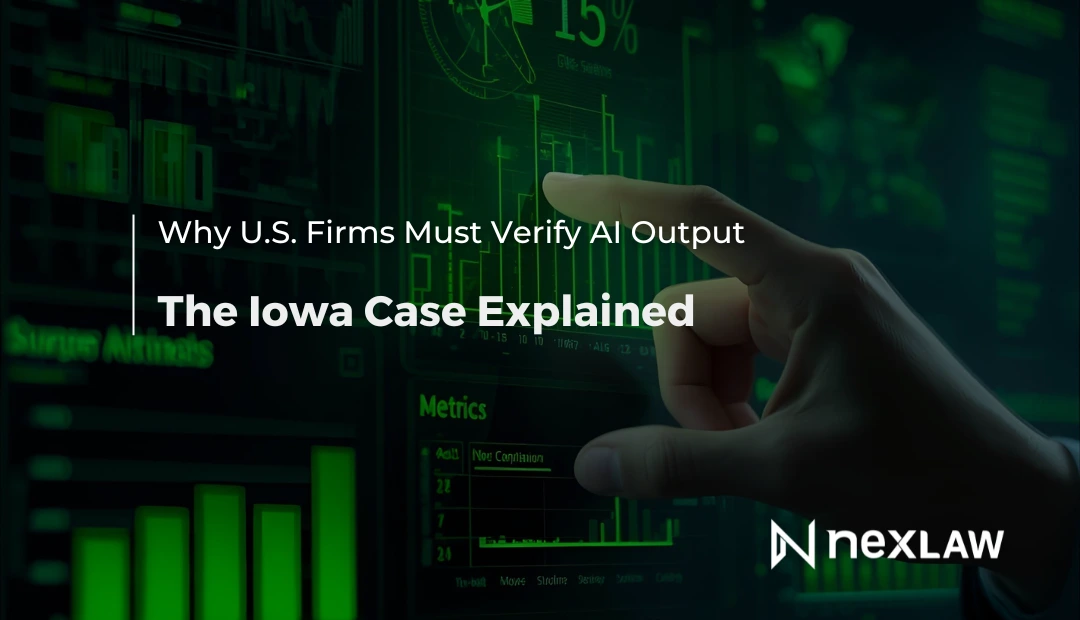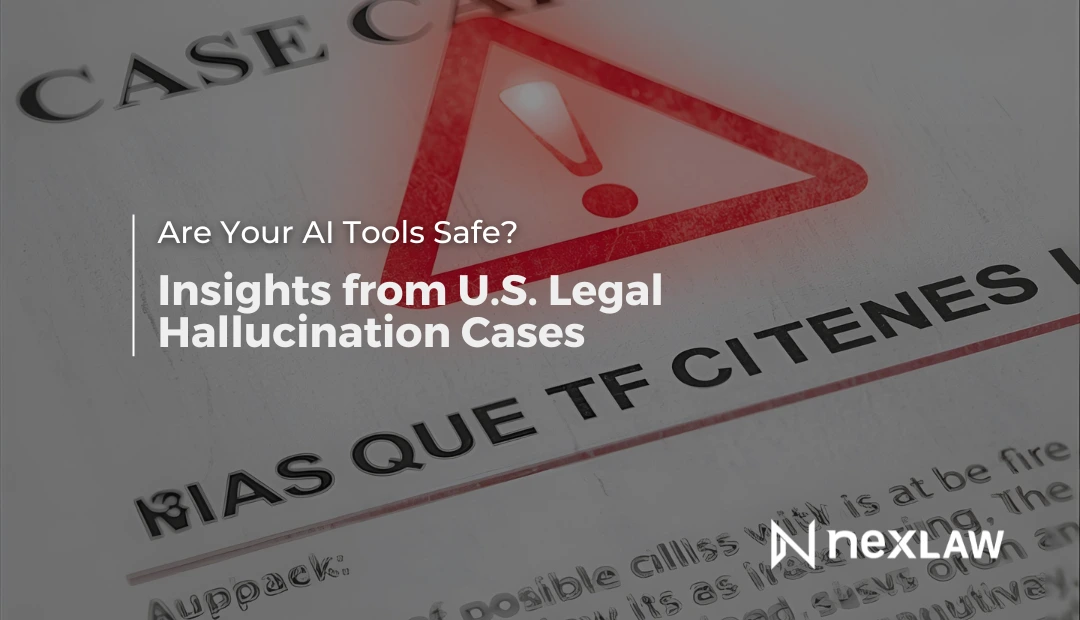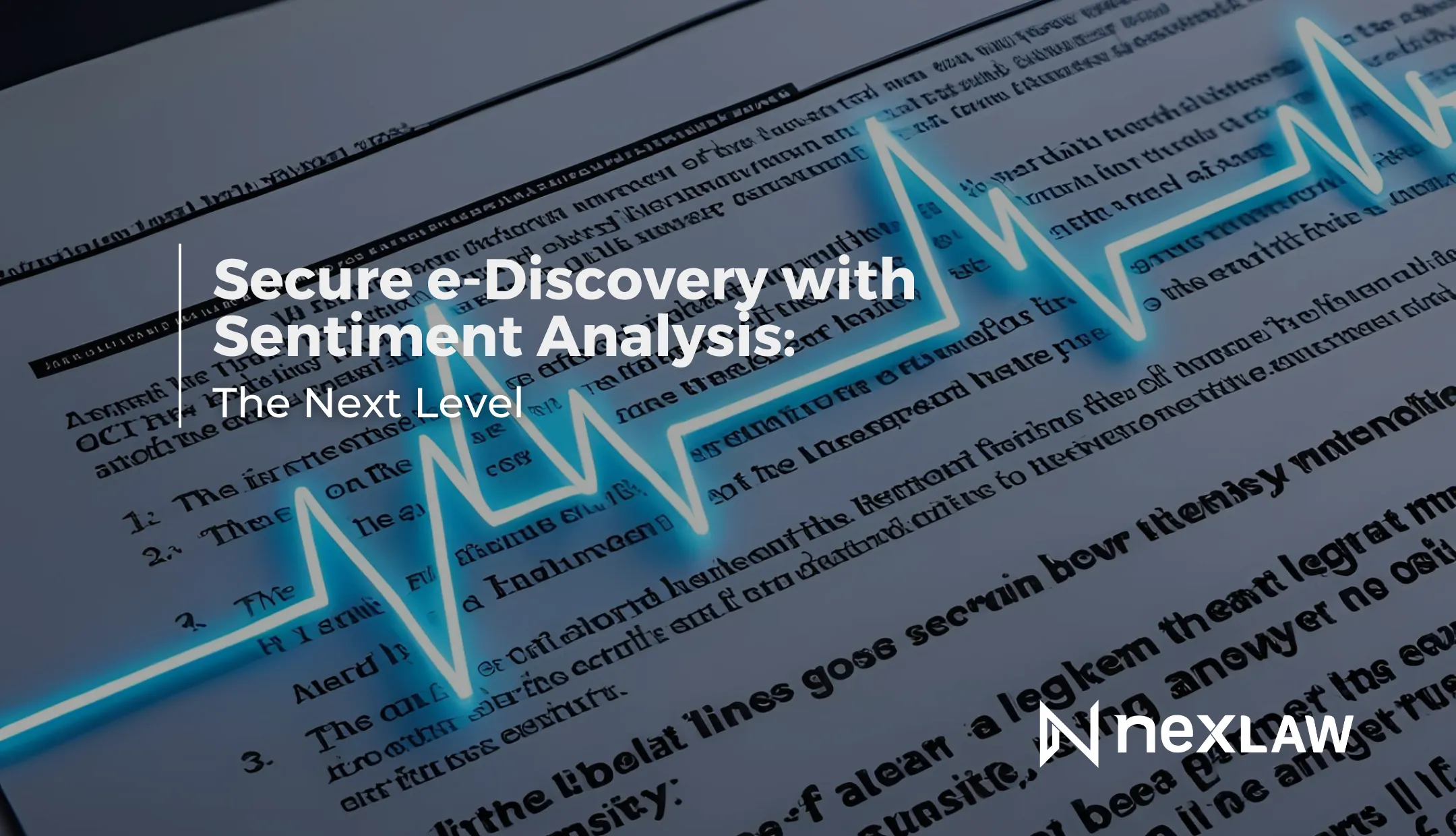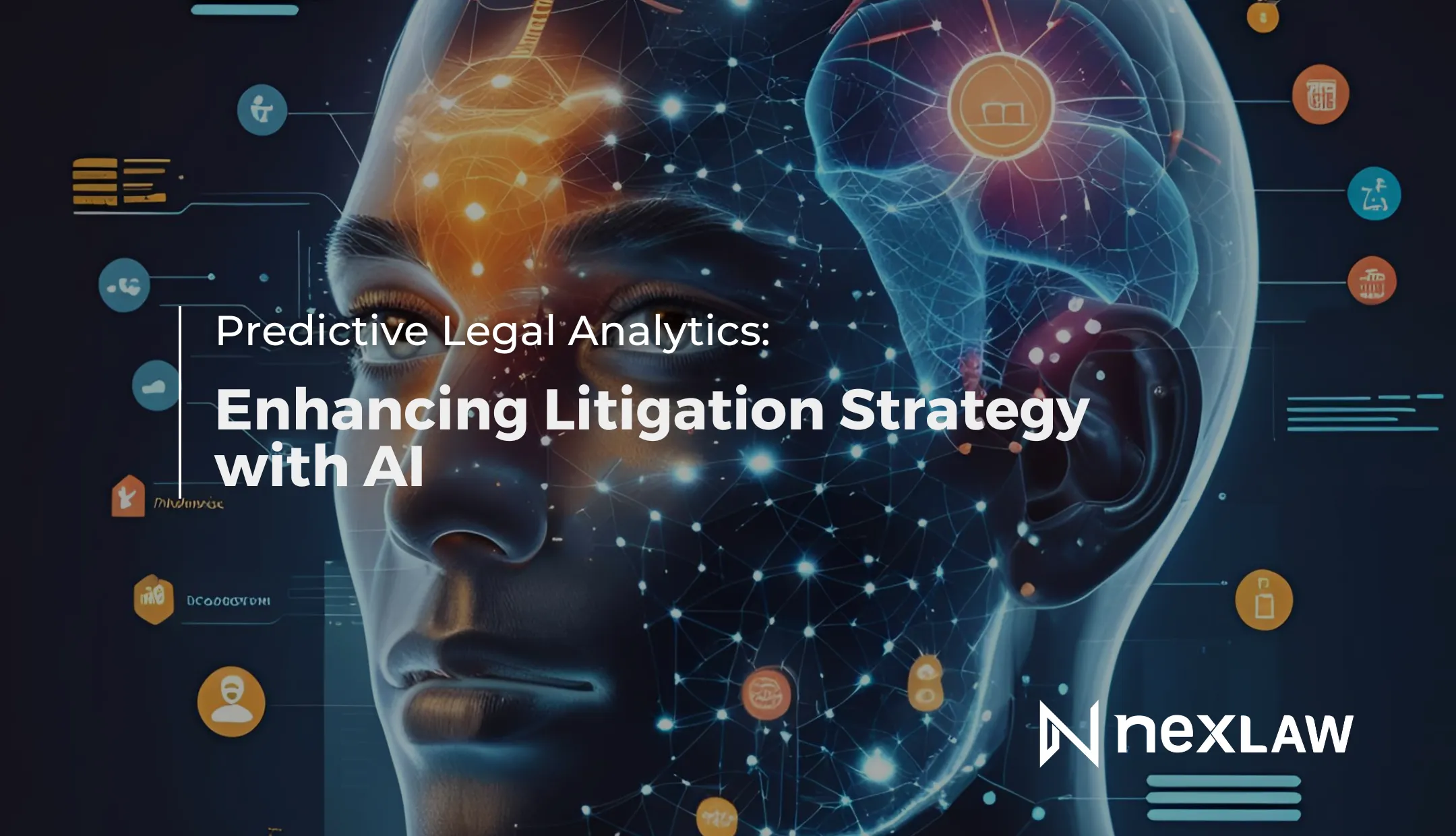Regulatory Intelligence Platforms: Tracking Global Legal Change
The regulatory landscape transformed dramatically in July 2025, with more than a dozen U.S. states passing or proposing AI laws while federal regulation stalls, creating what legal experts describe as compliance headaches for businesses operating across jurisdictions. For litigation attorneys managing multi-state practices, staying current with rapidly evolving legal requirements has become both a competitive necessity and a professional responsibility obligation.
Unlock Legal Insights Instantly!
Recent industry data reveals that 79% of law firms have integrated AI tools into workflows, yet most lack sophisticated regulatory intelligence platforms to track the complex web of emerging compliance requirements. This gap creates significant liability exposure as regulatory penalties multiply across jurisdictions.
The Critical Need for Regulatory Intelligence in Legal Practice
The Regulatory Explosion of 2025
The legal profession faces an unprecedented regulatory transformation. President Trump’s January 23, 2025 Executive Order “Removing Barriers to American Leadership in Artificial Intelligence” revoked Biden administration AI policies, while the Senate’s 99-1 vote removed proposed federal AI regulation moratoriums. This federal withdrawal created a regulatory vacuum that states are rapidly filling with diverse approaches.
Key 2025 regulatory developments:
- California’s July 1, 2025 employment regulations for automated decision systems
- Illinois Supreme Court’s January 1, 2025 AI policy establishing binding professional standards
- Colorado’s AI Act enforcement creating the first comprehensive state-level framework
- New York’s RAISE Act pending gubernatorial signature with workplace AI protections
Financial Impact of Regulatory Non-Compliance
The Commerce Department’s May 13, 2025 decision to rescind the AI Diffusion Rule demonstrates how quickly regulatory environments can shift, creating compliance challenges for firms lacking real-time intelligence capabilities. Non-compliance penalties are escalating, with professional sanctions, client lawsuits, and reputational damage threatening firm viability.
According to July 2025 Fortune analysis, legal-tech startups raised $4.98 billion in 2024, largely driven by demand for compliance solutions that help firms navigate this complex regulatory landscape.
Essential Features of Modern Regulatory Intelligence Platforms
Real-Time Regulatory Monitoring
Advanced regulatory intelligence platforms must provide instant alerts for legal changes across all practice jurisdictions. With state legislatures introducing hundreds of AI bills in 2025, manual monitoring is no longer feasible for busy litigation practices.
Critical monitoring capabilities:
- Automated tracking of federal, state, and local regulatory changes
- Real-time alerts for legislation affecting legal practice standards
- Court rule updates and judicial policy modifications
- Professional responsibility requirement changes across bar associations
Multi-Jurisdictional Compliance Analysis
Modern litigation practices operate across state lines, requiring regulatory intelligence platforms that analyze compliance requirements across multiple jurisdictions. The “regulatory patchwork” described by legal analysts demands sophisticated cross-jurisdictional monitoring.
Multi-state compliance features:
- Comparative analysis of varying state requirements
- Conflict identification between jurisdictional standards
- Harmonization recommendations for multi-state practices
- Priority assessment for implementing most stringent requirements
Predictive Regulatory Analysis
Beyond tracking current changes, sophisticated platforms must predict future regulatory trends based on legislative patterns, judicial decisions, and policy developments. This predictive capability enables proactive compliance preparation rather than reactive scrambling.
Predictive analysis components:
- Legislative trend analysis across similar jurisdictions
- Judicial decision pattern recognition for emerging standards
- Policy development tracking from regulatory agencies
- Industry influence assessment on regulatory direction
AI-Powered Regulatory Intelligence Implementation
Professional Responsibility Integration
The Illinois Supreme Court’s January 1, 2025 AI policy exemplifies how rapidly professional standards are evolving. Regulatory intelligence platforms must integrate these professional responsibility changes with broader legal compliance requirements to provide comprehensive guidance.
Professional responsibility tracking:
- Model Rules of Professional Conduct updates and interpretations
- State bar association policy changes and enforcement actions
- Judicial ethics opinions regarding technology use
- CLE requirement modifications for AI competency
Client Service Enhancement
Regulatory intelligence platforms enable firms to provide superior client service by anticipating regulatory changes that affect client industries and legal strategies. This proactive approach differentiates firms in competitive markets while demonstrating professional competence.
Client-focused intelligence features:
- Industry-specific regulatory change tracking
- Client notification systems for relevant legal developments
- Strategic planning integration for anticipated regulatory shifts
- Risk assessment updates based on changing compliance landscapes
Industry-Specific Regulatory Considerations
Litigation Practice Requirements
Litigation practices face unique regulatory challenges, particularly regarding AI use in discovery, evidence presentation, and court filings. The ABA’s warnings about deepfakes and AI-generated evidence create evolving compliance obligations requiring constant monitoring.
Litigation-specific regulatory tracking:
- Court technology policies and AI usage guidelines
- Discovery rule modifications for electronic evidence
- Authentication requirements for AI-processed information
- Professional liability standards for technology-assisted practice
Data Privacy and Security Compliance
With AI usage increasing 315% from 2023 to 2024, regulatory intelligence platforms must track evolving data privacy requirements across jurisdictions. California’s proposed cybersecurity audit requirements demonstrate how quickly data protection standards are advancing.
Privacy compliance monitoring:
- State data protection law updates and enforcement actions
- Cross-border data transfer requirement changes
- Client confidentiality standard modifications
- Breach notification requirement updates across jurisdictions
Implementation Strategies for Regulatory Intelligence
Integration with Practice Management Systems
Effective regulatory intelligence platforms must integrate seamlessly with existing practice management systems to provide actionable guidance within normal workflows. This integration ensures regulatory compliance becomes part of routine practice rather than an additional burden.
Integration capabilities:
- Case management system connectivity for matter-specific compliance
- Calendar integration for regulatory deadline tracking
- Document management system updates for compliance templates
- Billing system integration for compliance-related time tracking
Staff Training and Competency Development
Regulatory intelligence is only valuable when properly implemented. Platforms must include training components that help legal professionals understand and apply regulatory changes to their specific practice areas.
Training features:
- Interactive modules explaining new regulatory requirements
- Practice-specific implementation guidance
- Competency assessment tools for regulatory knowledge
- Ongoing educational alerts for continuing compliance
Measuring Regulatory Intelligence Effectiveness
Compliance Performance Metrics
Successful regulatory intelligence platforms provide measurable indicators of compliance effectiveness and risk reduction. These metrics help firms demonstrate due diligence while identifying areas requiring additional attention.
Key performance indicators:
- Regulatory change identification speed and accuracy
- Compliance implementation success rates across practice areas
- Risk reduction measurement through proactive compliance
- Client satisfaction scores for regulatory guidance
Competitive Advantage Assessment
Regulatory intelligence provides competitive advantages through superior client service, reduced liability exposure, and market positioning as compliance leaders. Platforms must measure these strategic benefits alongside operational improvements.
Strategic metrics:
- Client retention rates for regulatory guidance services
- New business acquisition through compliance expertise
- Professional liability insurance cost reductions
- Market reputation enhancement through thought leadership
The Strategic Value of Regulatory Intelligence
Legal sector analyst Jordan Furlong, quoted in July 2025 reports, predicts widespread AI adoption “may be within the next couple of years.” Firms with sophisticated regulatory intelligence capabilities will capture market opportunities while avoiding compliance pitfalls that derail competitors.
Strategic advantages:
- Proactive compliance positioning before regulatory enforcement
- Client confidence through demonstrated regulatory expertise
- Competitive differentiation in complex compliance environments
- Professional development through regulatory thought leadership
Troutman Pepper Locke’s success saving $200,000 during their merger demonstrates how technological sophistication, including regulatory compliance capabilities, delivers immediate ROI while protecting against future risks.
Navigate Regulatory Complexity with Confidence
The regulatory environment is changing fast and legal teams need more than manual monitoring to keep up. Transform compliance from a reactive obligation into a strategic advantage.
NexLawAI delivers real-time regulatory intelligence tailored for litigation practices, with:
- Automated monitoring of regulatory changes across jurisdictions
- Real-time compliance alerts to reduce risk and improve responsiveness
- Actionable guidance aligned with evolving legal standards
Stay compliant, reduce liability, and focus on what matters most—delivering superior legal outcomes.
Book a Demo – See how NexLaw turns regulatory complexity into clarity
Explore Plans – Includes a free 3-day trial of NexLaw’s regulatory intelligence platform
GET 15% OFF for annual plans using promo code: ANNIV15MONTHLY or ANNIV15ANNUALY
*t&c applied | visit our website for more details
